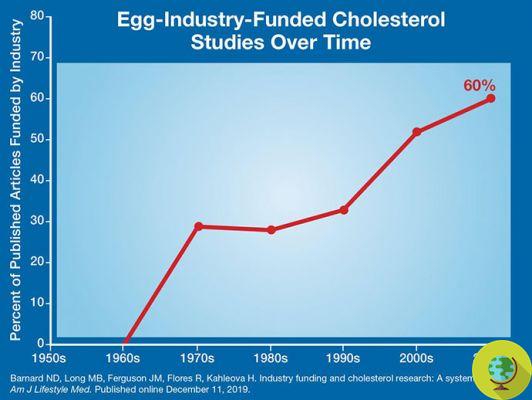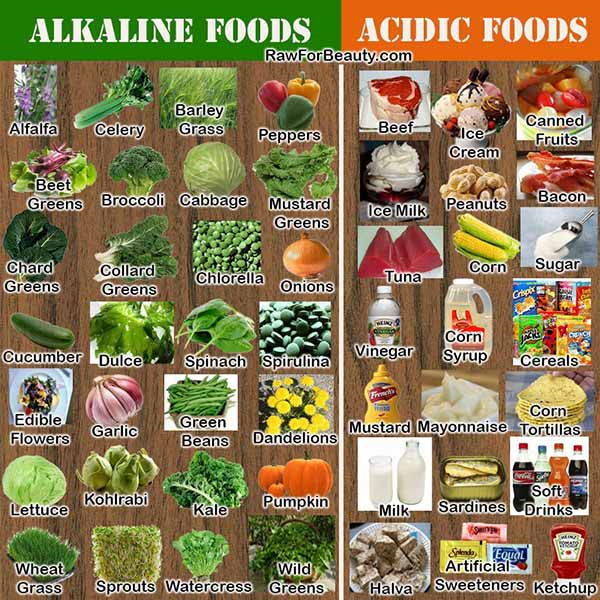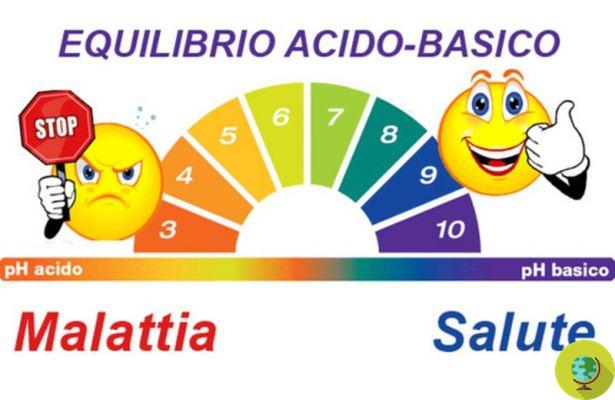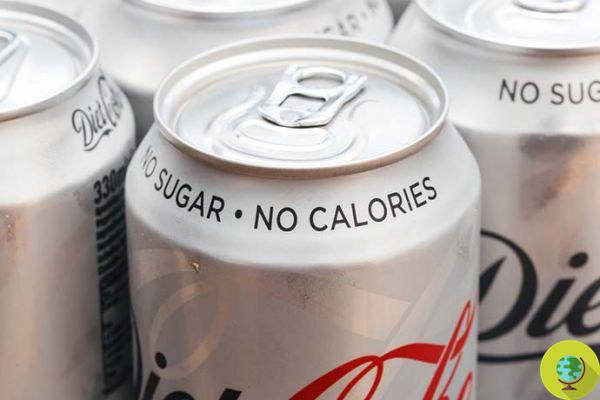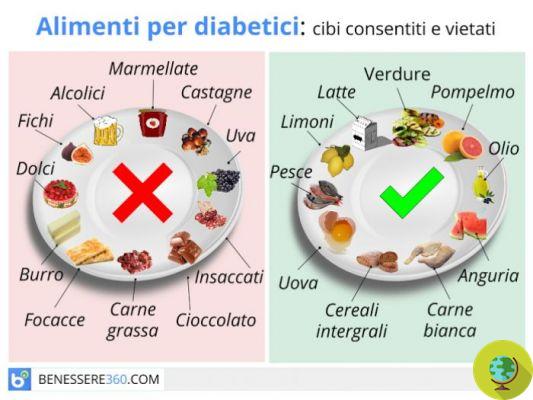One study found that kefir labels don't always match the truth and are misleading for consumers
Don't store avocado like this: it's dangerousA study reveals that the claims on kefir packaging do not always accurately reflect the composition of the product.
We know that kefir is a fermented drink that offers several benefits for our health. Now a research team from the University of Illinois and Ohio State University has found, however, that often, what is reported on the label on packaged products, does not correspond to the actual composition of the drink.
In recent years there has been a growing interest in the consumption of kefir but it seems that, even in this case, we cannot trust 100% of packaged products (obviously the question of whether we self-produce it at home is different).
The research, published in the Journal of Animal Science (JAS), was conducted on five kefir sold in stores or online in the Urbana (USA) area. Two batches were analyzed for each product.
The analysis revealed that no product exactly matched its label. For example, the study found an overestimated density of microorganisms and undeclared bacterial species, a potentially misleading situation for consumers.
More specifically, 66% of kefir had an overestimated density of microorganisms and 80% contained bacterial species not indicated on the label.
All products contained Streptococcus salivarius, and four out of five products contained Lactobacillus paracasei, although they were not included on the labels.
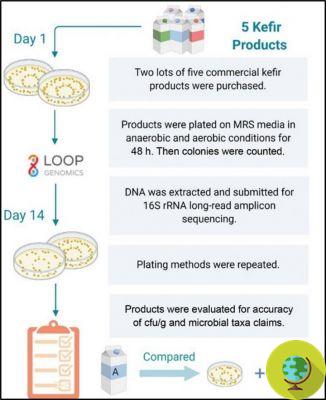
@BN METRAS, MJ HOLLE, VJ PARKER, MJ MILLER, AND KS SWANSON
Lead author of the study, Kelly S. Swanson, of the University of Illinois, believes that better quality control of packaged kefir is needed to demonstrate and understand its potential health benefits.
“It is important that consumers know the accurate content of the fermented foods they consume. Regulatory agencies and consumers must continue to monitor these products and demand a higher level of accuracy and quality, ”said Dr. Swanson.
The authors hope this and future studies will draw attention to the effects of inaccurate kefir labeling.
Read all of our articles on kefir.
Fonte: Journal of Animal Science
Read also:
- Kefir, discover the ancient origins, between history and legend, of the drink "of the prophet"
- Kefir ghee: how and why to make probiotic ghee
- Water kefir, how to make it at home and its benefits
- Water kefir: 50 questions and answers to the most frequent doubts








